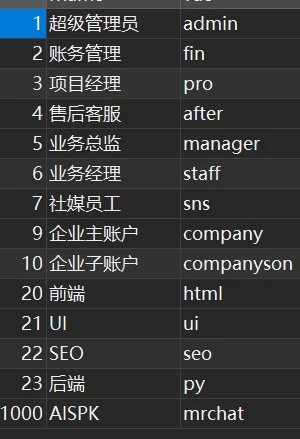



1m sodium hydroxide sds
Safety Data Sheet (SDS) for 1M Sodium Hydroxide
Introduction Sodium hydroxide (NaOH), commonly known as caustic soda, is a highly versatile chemical with a wide range of applications in various industries, including manufacturing, cosmetics, and food processing. A 1M solution of sodium hydroxide is routinely utilized in laboratories and industrial processes. However, due to its corrosive nature, it is crucial to handle it with caution. This article outlines the key points from the Safety Data Sheet (SDS) for 1M sodium hydroxide, covering its properties, hazards, handling procedures, and first aid measures.
Safety Data Sheet (SDS) for 1M Sodium Hydroxide
Hazards Identification 1M sodium hydroxide is classified as corrosive and poses several hazards. Contact with skin or eyes can lead to severe burns, while inhalation may cause respiratory irritation. Ingestion of the solution is highly dangerous and could result in serious harm to the digestive tract. It is crucial to recognize these hazards to ensure proper safety measures are in place.
1m sodium hydroxide sds

Handling and Storage When working with 1M sodium hydroxide, personal protective equipment (PPE) is essential. This includes wearing gloves, goggles, and appropriate protective clothing. It is advisable to work in a well-ventilated area or under a fume hood to minimize the risk of inhalation. Containers should be sealed and labeled correctly, and sodium hydroxide should be stored in a cool, dry place away from incompatible substances, particularly acids and organic materials.
Emergency Measures In the event of an accidental spill, it is important to neutralize the sodium hydroxide safely with an acid before cleanup, using appropriate personal protective equipment. For skin contact, immediately rinse the affected area with copious amounts of water for at least 15 minutes and seek medical attention. If sodium hydroxide comes into contact with the eyes, it is critical to rinse the eyes with water for at least 15 minutes and obtain medical assistance promptly.
Conclusion The handling of 1M sodium hydroxide requires a thorough understanding of its potential hazards and the necessary precautions to ensure safety. Adhering to the guidelines set forth in the SDS and practicing responsible laboratory safety can mitigate the risks involved with this powerful chemical. Always prioritize safety and be prepared with the appropriate emergency procedures to handle any unexpected incidents.
-
Why Sodium Persulfate Is Everywhere NowNewsJul.07,2025
-
Why Polyacrylamide Is in High DemandNewsJul.07,2025
-
Understanding Paint Chemicals and Their ApplicationsNewsJul.07,2025
-
Smart Use Of Mining ChemicalsNewsJul.07,2025
-
Practical Uses of Potassium MonopersulfateNewsJul.07,2025
-
Agrochemicals In Real FarmingNewsJul.07,2025
-
Sodium Chlorite Hot UsesNewsJul.01,2025










